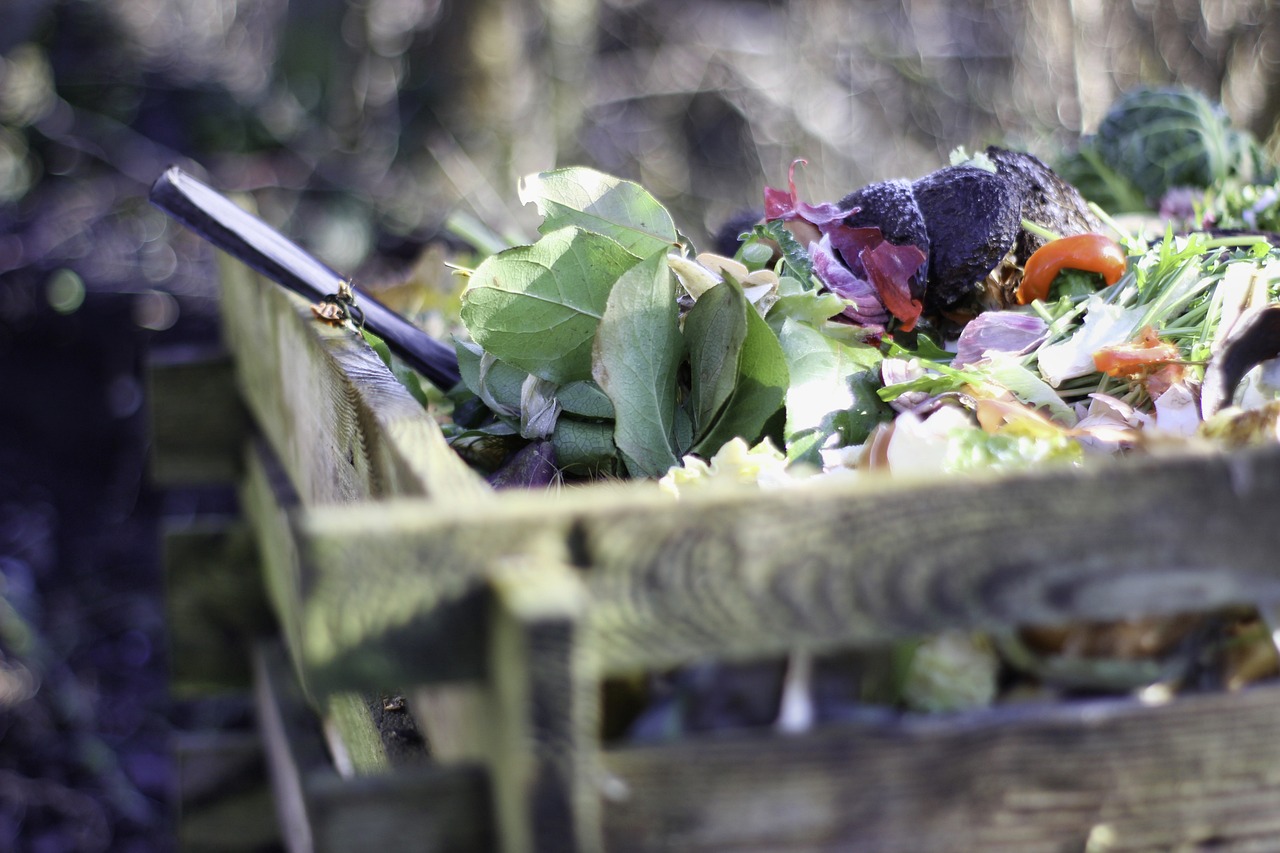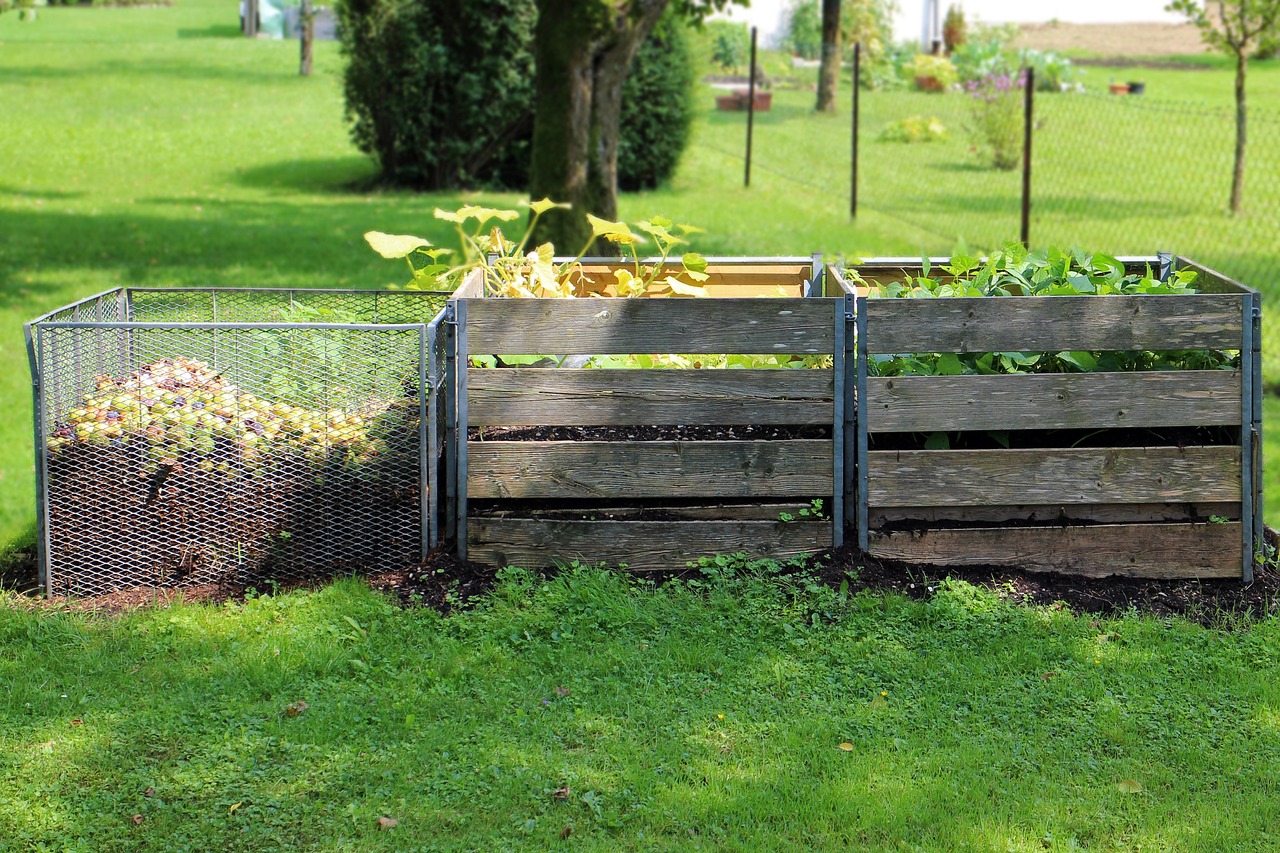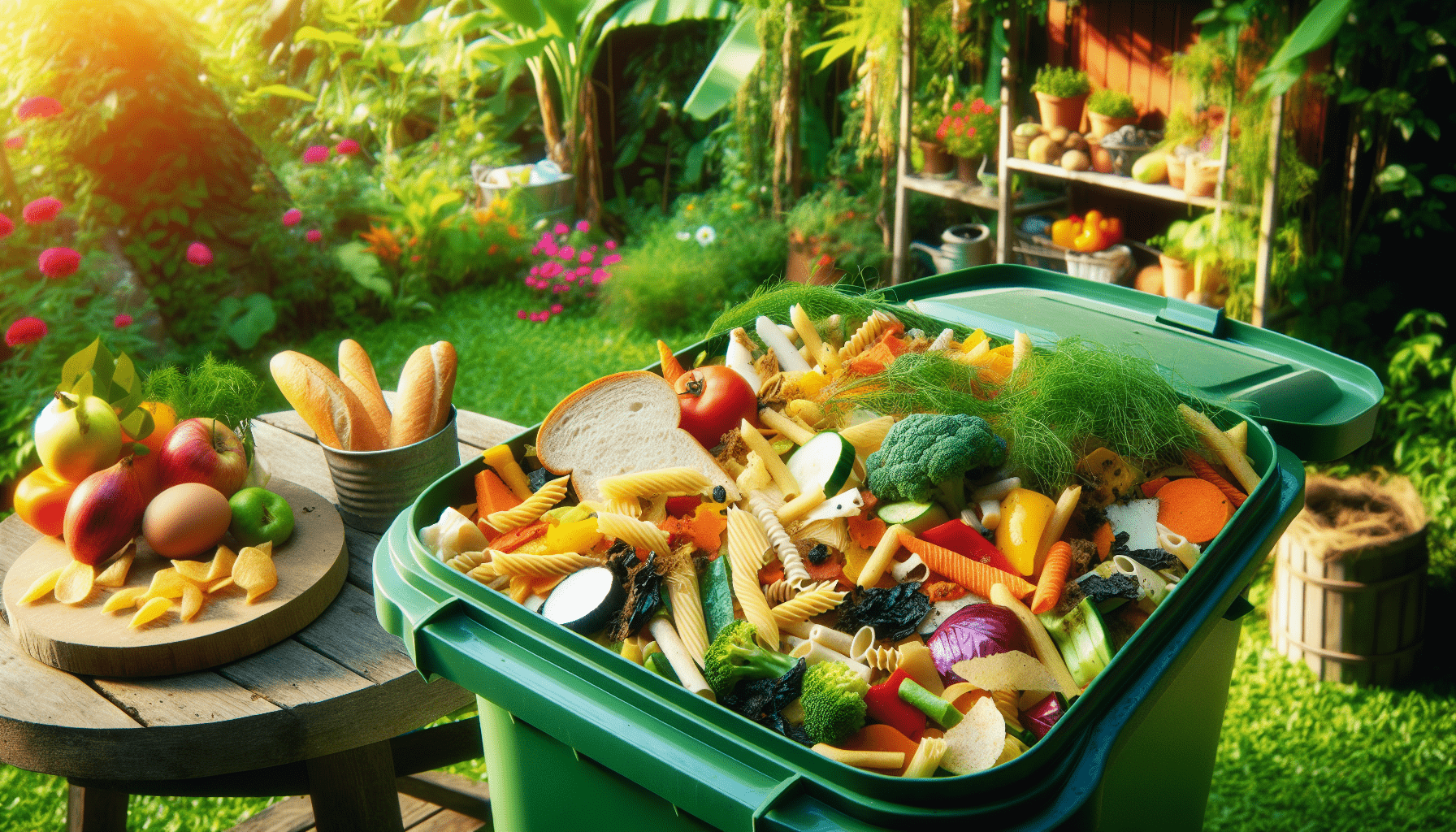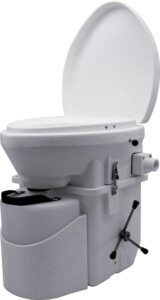Welcome to our guide on composting cooked food! In this article, we’ll explore the ins and outs of whether we can compost our leftover cooked meals. We’ll delve into the types of cooked food that are compost-friendly and discuss best practices to ensure our compost pile remains healthy and odor-free.
When it comes to adding cooked food to our compost, there are a few important considerations to keep in mind. While we can compost some types of cooked food, it’s crucial to avoid items that contain oils, dairy, meat, or fish, as these can attract pests and create unpleasant smells. Instead, let’s focus on composting plant-based cooked items, like leftover vegetables or grains, which can break down effectively and enrich our compost. By following these guidelines, we can make our composting efforts successful and sustainable. Have you ever found yourself staring at a pile of leftover spaghetti or day-old mashed potatoes and wondered, “Can I compost cooked food?” We understand the plight of trying to reduce waste and be more eco-friendly while also dealing with the complexities of composting. It’s a common question for those of us who are trying to do our part for the environment. Let’s dive in together and uncover whether cooked food belongs in our compost bins.

What is Composting?
Composting is a natural process that turns organic materials into a rich soil amendment, commonly known as compost. This process involves the breakdown of organic matter by microorganisms such as bacteria, fungi, and other decomposers. When done correctly, it results in a nutrient-dense substance that can feed plants and enhance soil texture.
The Basic Ingredients
The fundamental components of composting are “greens” and “browns.”
| Component | Examples | Characteristics |
|---|---|---|
| Greens | Fruit scraps, vegetable peels | High in nitrogen, moisture-rich |
| Browns | Leaves, straw, paper | High in carbon, dry and absorbent |
These ingredients work together to create a balanced compost pile. Greens provide the nitrogen essential for microorganism activity, while browns supply the carbon necessary for cell structure and energy.
The Science Behind Composting
Effective composting relies on the right conditions:
- Aeration: Oxygen is crucial for aerobic bacteria to thrive.
- Moisture: The compost pile should be as moist as a wrung-out sponge.
- Temperature: Composting is most efficient between 135-160°F.
- Particle Size: Smaller particles break down faster, but too small can reduce airflow.
Can We Compost Cooked Food?
The short answer is: it depends. Let’s explore what types of cooked food can be composted and under what conditions.
Cooked Vegetables and Fruits
Cooked vegetables and fruits can usually be composted just like their raw counterparts. However, it’s essential to consider what’s been added during the cooking process.
Considerations:
- Salt: High salt content can harm beneficial microorganisms and may impact soil health.
- Oils: Oils can create a barrier to moisture and oxygen, slowing decomposition.
- Seasonings: Avoid spices that could deter beneficial insects and microorganisms.
Cooked Grains, Rice, and Pasta
Grains, rice, and pasta can also be composted, but they require special care:
Potential Issues:
- Pests: These foods can attract rodents and other unwanted animals.
- Moisture Content: Overly moist foods can contribute to anaerobic conditions, leading to foul odors.
Meat and Dairy
Composting meat and dairy products is generally not recommended in traditional compost piles.
Risks:
- Pathogens: These products can harbor harmful bacteria and pathogens.
- Odors: The strong smell can attract pests and cause neighborhood complaints.
Dealing with Leftover Sauces and Broths
Leftover sauces and broths pose unique challenges:
Things to Watch:
- High Fat Content: Fats and oils inhibit decomposition.
- Liquid Volume: Excessive liquids can make a compost pile too wet.
How to Compost Cooked Food Safely
If we decide to compost cooked foods, some steps and precautions can help ensure success.
Use a Hot Composting Method
Hot composting can break down cooked foods faster and more efficiently.
Tips for Hot Composting:
- Maintain High Temperature: Aim for 135-160°F to accelerate decomposition and pathogen destruction.
- Balance Greens and Browns: Keep a good ratio to manage moisture and aeration.
- Turn Regularly: Frequent turning of the pile ensures consistent temperature and oxygen distribution.
Invest in a Compost Bin with a Lid
A compost bin with a lid can help contain odors and keep pests away.
Recommended Features:
- Secure Lid: Ensures no pests can get in.
- Ventilation: Allows for necessary airflow, which is essential for aerobic decomposition.
- Durability: Sturdy materials ensure longevity.
Vermicomposting
If we’re open to trying something different, vermicomposting, which uses worms to process organic waste, can handle many cooked foods.
Benefits of Vermicomposting:
- Rapid Decomposition: Worms accelerate the breakdown process.
- Less Odor: Properly maintained vermicomposting systems are relatively odor-free.
Cautions:
- Avoid Excess Fat and Salt: These can harm the worms.
- Small Quantities: Add cooked food in moderation to prevent overwhelming the system.
Troubleshooting Your Compost Pile
Even with the best intentions, compost piles can sometimes encounter issues. Let’s look at common problems and solutions.
Bad Odors
Bad odors usually indicate anaerobic conditions or improper balance.
| Cause | Solution |
|---|---|
| Excess Moisture | Add more browns (e.g., dry leaves, paper) |
| Lack of Oxygen | Turn the pile more frequently |
| Food Not Buried | Bury food scraps under 10 inches of material |
Pest Intrusion
Pests like rodents and insects are drawn to certain cooked foods.
| Cause | Solution |
|---|---|
| Exposure to Pests | Use a lidded bin, and avoid meat/dairy |
| Strong Smells | Bury deep in the pile and cover with browns |
Slow Decomposition
Sometimes, compost piles don’t break down as quickly as expected.
| Cause | Solution |
|---|---|
| Wrong Balance of Greens and Browns | Adjust ratio to equal parts |
| Large Particles | Shred or chop materials before adding |
| Cold Temperature | Increase pile size, insulate, or turn more often |

The Environmental Impact
Understanding the environmental benefits and drawbacks helps us make informed decisions about composting cooked foods.
Benefits
- Waste Diversion: Composting reduces the amount of waste sent to landfills.
- Soil Health: Finished compost enriches soil by adding nutrients and improving structure.
- Reduced Greenhouse Gases: Landfills generate methane, a potent greenhouse gas; composting mitigates this.
Drawbacks
- Resource Requirement: Hot composting requires regular maintenance and energy input.
- Potential Contamination: Improper composting of cooked foods can introduce pathogens to the soil.
Best Practices for Home Composting
To wrap it up, here are some best practices to follow when composting cooked foods at home.
Start Small
Introduce cooked food scraps gradually to see how your compost pile responds.
Steps to Follow:
- Add Mixed Scraps: Include them with other compost materials to maintain balance.
- Monitor Results: Watch for any change in odor or decomposition rate.
Balance the Pile
Always balance the carbon-to-nitrogen ratio.
Rule of Thumb:
- Equal Parts: Aim for a roughly equal mix of greens and browns.
- Adjust as Needed: If the pile gets too wet, add more browns; if too dry, add greens.
Keep Out Certain Foods
Practice exclusion for specific items to avoid complications.
Should Avoid:
- Meat and Dairy: High risk of pathogens and pests.
- High-Fat Foods: Slow to decompose, can turn rancid.
Turn and Aerate
Don’t forget to turn your compost regularly to keep it aerated.
Tips for Aeration:
- Frequency: Turn the pile once a week to maintain airflow.
- Tool: Use a pitchfork or compost aerator tool for efficiency.
Maintain Moisture
Keeping the right moisture level is key to a healthy compost pile.
How to Check:
- Squeeze Test: It should feel like a wrung-out sponge.
- Adjust: If too dry, add water; if too wet, add browns.

Alternatives to Composting Cooked Food
If composting cooked food seems too daunting or impractical, there are other ways to reduce waste.
Food Waste Reduction
Aim to reduce food waste at the source.
Strategies:
- Meal Planning: Plan meals to use up leftovers.
- Proper Storage: Store foods correctly to extend their shelf life.
Donation
If the food is still edible, consider donating it.
Options:
- Food Banks: Many local food banks accept cooked food donations.
- Community Fridges: Some communities have shared fridges for food donations.
Bokashi Composting
Bokashi composting is another alternative that can handle cooked food.
How it Works:
- Fermentation: Uses a bran inoculated with beneficial microbes to ferment food waste.
- Inoculation: Requires buying Bokashi bran or making your own.
- Digestion: Once fermented, the material can be added to a compost pile or buried in the ground.
Conclusion
So, can we compost cooked food? The answer is yes, but with certain caveats. By following best practices and being mindful of what we add to our compost piles, we can successfully compost many types of cooked foods. Whether we choose traditional composting, vermicomposting, or even Bokashi, the key is to stay informed and monitor our compost closely.
By doing so, not only do we reduce waste and help the environment, but we also create rich compost that nourishes our gardens and plants. Let’s continue our journey towards a more sustainable and eco-friendly lifestyle, one compost pile at a time!




